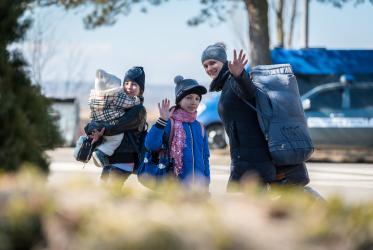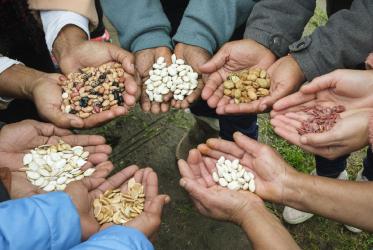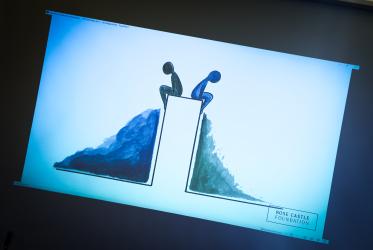Before I was born and as I grew up, there were many gender stereotypes that negatively affected women and girls. These included beating wives and not appreciating baby girls. In my culture, girls were deprived of education, because taking them to school was considered a waste of resources. Parents and the general communities looked at girls as sources of dowry (bride price) and so they were married off at an age of 14 -18 years.
Girls were seen as marriage assets and they had no right to make a decision on whom to marry. The father (NOT the mother) used to make decisions on who should marry the daughter, and then it would be as he said.
Once the girl was married, she was a wife to every man who was part of the extended family. Those men included the father in-law, all brothers and the cousins of the husband (at least from the age of 18 years and above), irrespective of whether the boys and men were married or not. Therefore she was termed as “a wife of the family”.
In my culture, there used to be wife sharing, and it was very accepted. Also, the husband had a right to go to the brothers’ and cousins’ homes and have sex with their wives – so it was a cultural norm. In all these agendas, the women/wives had no say whatsoever. In such circumstances, the wives sometimes gave birth to children with in-laws, and the husband had no problem with the children, since they were termed as “family children”.
In my own family, my sister dropped out of school to be married off at 18 years to an 18-year old boy in exchange for 15 cows, because in my culture we treasure cows. The boy’s family had already paid 15 cows, but a month before their wedding the boy got sick and passed away. The 15 cows were taken back to the boy’s home.
Nevertheless, my sister didn’t go back to school and other men kept coming asking for her. My father decided that she could make a decision for herself because my father was interested in cows - not anything else. My sister got married at 20 years old, in exchange for 12 Friesian cows.
I see I now have a duty as a learned and exposed lady to support all people, especially from my culture, through sensitization, to advocate for girls’ and women’s rights, to stop gender-based violence (GBV) and inform the public, that girls and women have the same or more potential than boys and men. They have the right to education and they are not property that can be sold in exchange for money or cows.
I now work with FinnChurchAid (FCA), which works in a multi-cultural setting, especially in the refugee settlements. On a quarterly basis, FCA receives information of about one or two girls who drop out of school as a result of GBV in refugee and host communities in Bidibidi refugee settlement. These GBV cases include early pregnancies and forced marriages, among others.
As an advocate to stop GBV, FCA responds and address such complaints in partnership with other implementing partners, local leadership, police and other relevant government departments. I am the focal person for this Complaints Response Mechanism in FCA’s Uganda Country Program.






